Paneldebatt: Indigenous people and the State
13:00 - 14:30 (Europe/Oslo)
Høgskolen I Innlandet, studiested Hamar, Holsetgata, Hamar, Norge
Type: Fysiske
Paneldebatt: Indigenous people and the State: international perspectives on power struggles and relationships between Indigenous people and the State. Across the world, Indigenous people are at a threat from land seizures, modernization processes and variegated neoliberal policies and turnovers. Culture, language, livelihoods and traditions are under threat from the modern society and development processes at large. Under the contemporary climate crises, we see that community land increasingly is being seized in the name of ‘green transitions’ – f.ex. windpower parks in Sápmi violating reindeer herding traditions, hydropower dams in Brazil flooding indigenous community land, or evictions of Masai in expansion of national parks in Tanzania. In education, Indigenous knowledge is generally given at best a secondary epistemological status within the school system, often viewed as superstition or mythology. Indigenous people worldwide often share the same experiences when it comes to such struggles against the society at large as well as national governments and State bodies. For Indigenous people worldwide, this represents a continuation of colonial practices and a long history of marginalization. In 2007, the United Nations adopted the Declaration on the Rights of Indigenous People, which establishes a universal framework of minimum standards for the survival, dignity and well-being of Indigenous communities. More and more Indigenous groups are also turning to the courts to help realize their rights. But still, many Indigenous communities does not experience any change in the way they are met by the State in various interest conflicts and struggles to preserve culture and traditions, and they often experience that the UN declaration is violated without any consequences. This roundtable will discuss the relationship between State bodies and Indigenous communities, with examples from different regions of the world. It will consist of the following invited guests, and covers research experiences from North America, Scandinavia, Latin America, Pacific Islands, and Africa: Vander Tavares, postdoctoral fellow, INN Martine Greek, associate professor, INN Matthias Kowasch, professor, University College of Teacher Education Styria and prof. II, INN, Bente Ovedie Skogvang, associate professor, INN and Maria Njau, PhD candidate, OsloMet.Moderator: Jill Tove Buseth. kl. 13:00-14:30, room 113 Biohus
